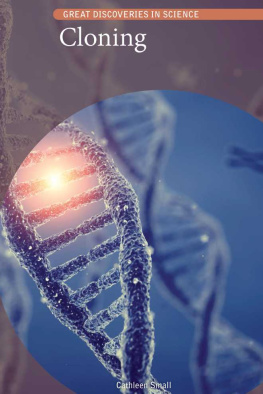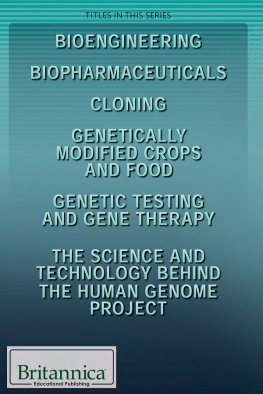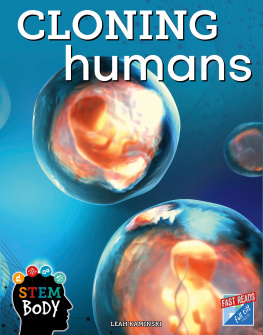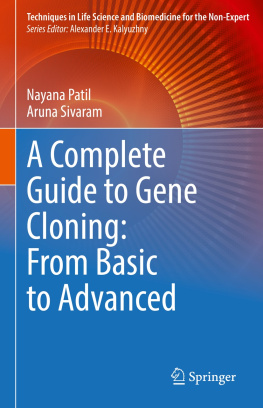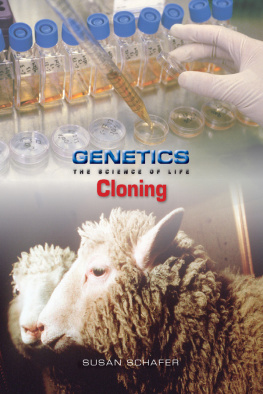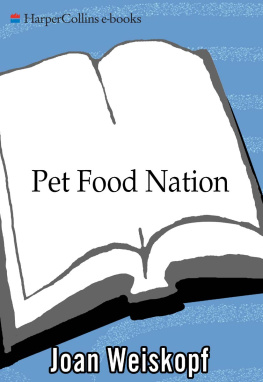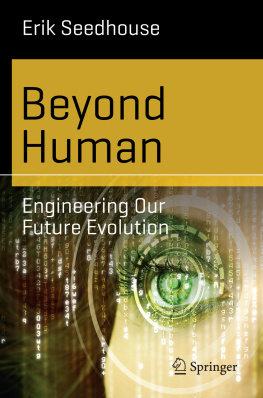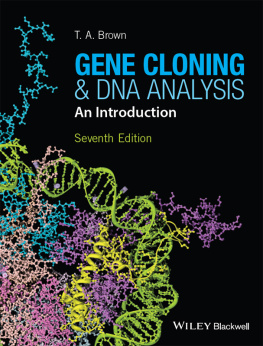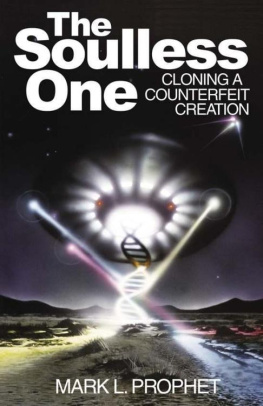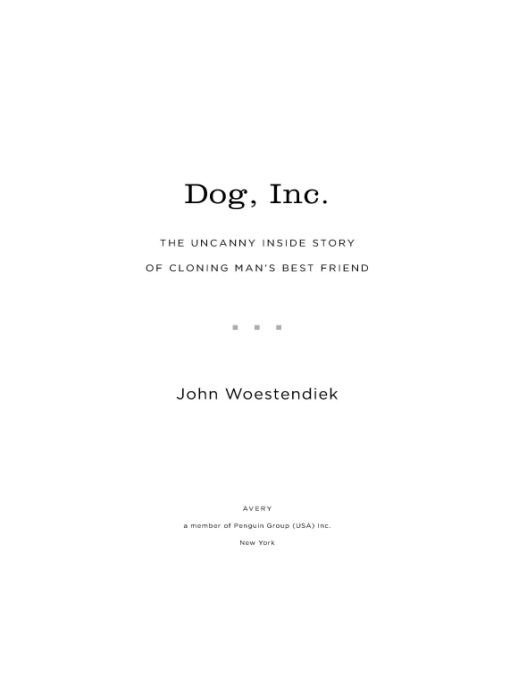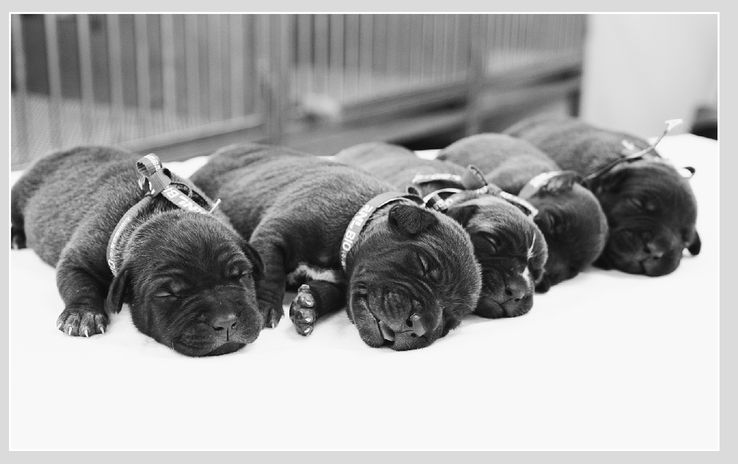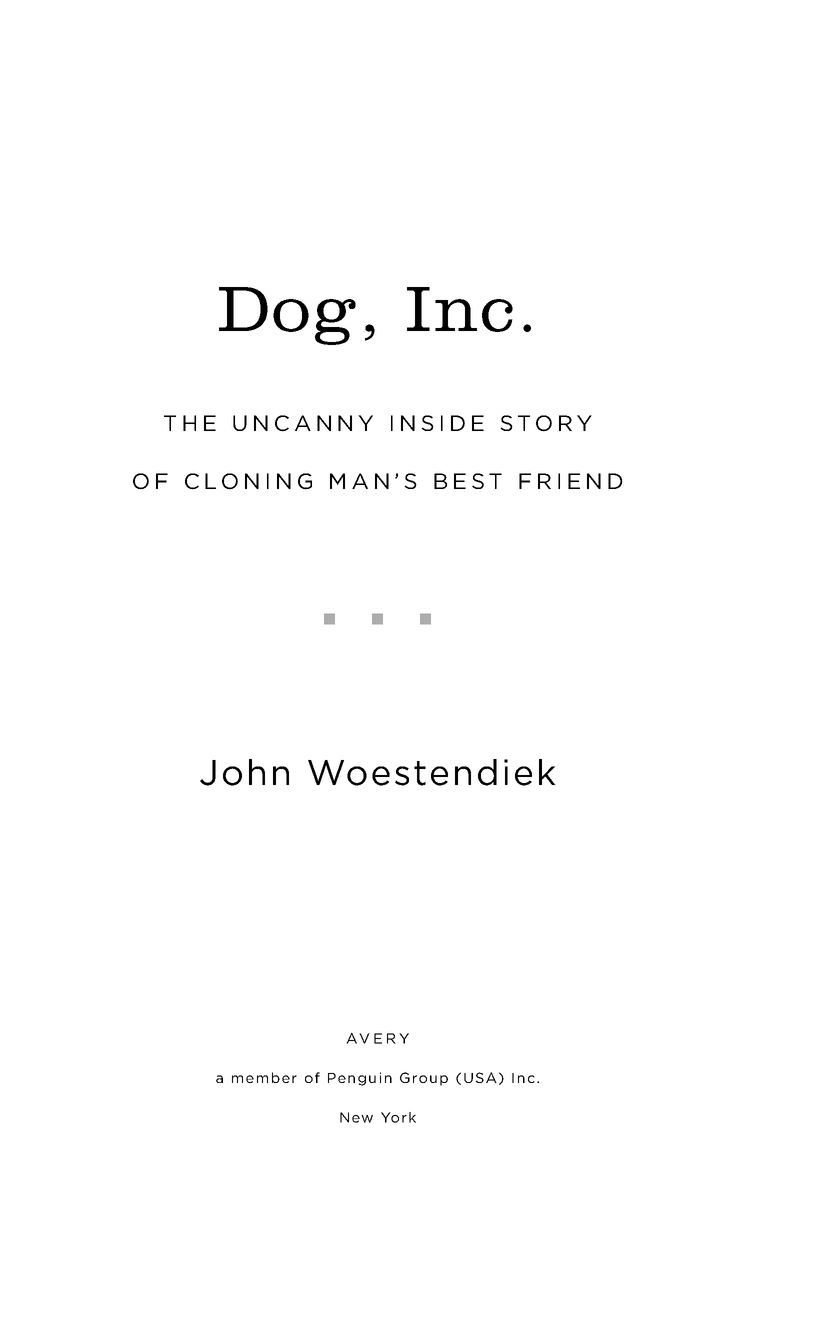Table of Contents
To my mother,
my father,
my son,
and my dog
Prologue
You might as well know it all right now. Lassie will not be meetin you after school anymore.
Lassie Come Home (film)
HOUSTON, TEXAS
1967
It didnt matter if she was in a movie or a TV show; if the obstacles were raging river, forest fire, mountain range, or angry bear: Lassie always came home.
One day Tippy didnt.
On my birthday, in 1958, Tippy was my gift, a collie named for the white spot at the end of his tailnot a mirror image of the famous (to baby boomers, anyway) TV dog, but close enough for a five-year-old.
Unlike Lassiethe collie whose courage and loyalty were reincarnated in seven movies before starting a twenty-year run as an American TV showTippy never saved anyone stuck in a well. But, when he wasnt roaming the neighborhood, he did help my brother and me through childhood, frequent relocation, and our parents divorce. When Dad left, Tippy stayed. When President Kennedy was shot and killed, Tippy was there to lean and cry on. An assassinated president may have served as my first long-distance lesson in mortality. But the demise of Tippy, my first dog, a few years later, brought death home.
Thats one of the things dogs do for us. Often, as children, we learn through them that theres a limit to lifein their case, a very short one. What were often slower to learn is how to accept that and fully celebrate them during the ten or fifteen years theyre around. They come and go with class, while wesometimes visibly, sometimes invisiblyfall apart at the seams.
When Tippy died, there were no such things as dog-loss support groups or dog bereavement counseling; people would have laughed at the very idea. There were few books on how to cope with your dogs death, few alternatives for disposing of the corpse, no websites on which to pay tribute to a dog that had passed. There were no agencies to guide one through the grief, and few companies, at the time, seeking to exploit it.
In the 1960s, when your dog died, you shed your tears in private and moved on, or at least pretended to.
Tippy lived mostly outsidethats what dogs did back thenfirst on Long Island, where he loved to trot two blocks down the hill and swim in Huntington Bay. When we moved to Houston, and in and out of three different neighborhoods, he continued his habit of wandering, perhaps because of an adventurous spirit, perhaps because he was never neutered, perhaps, in retrospect, because we werent models of responsible pet ownership. Once he was found at a luxury hotel, four blocks away, where, apparently pining for the beach, hed gone to frolic in the fountain.
He had a tricolored coat so thick it could muffle cries, so lush you could lose your fist in it, and he never objected to it being tugged. By hanging on to a handful of his fur, my little brother learned to walk. Tippy was, even with his occasional absences, patient and dependable. When I tripped up, he was there, with the kind of steady grace few humans master. He was my friend when, recently moved to a new neighborhood, I had none. He served as anchor, and lifeline. But he liked his alone time, too. One day he went off for some and didnt come back.
When we got word that someone had found a dead dog and buried it in the woods alongside the creekand that, yes, it could have been a collieI shifted into what I later learned was called denial. It couldnt be my dog. My dog always came home. Intent on proving wrong what everyone suspected, or perhaps seeking what I later learned was called closure, I grabbed a shovel and, along with my little brother, walked to the creek to see if the dog under the dirt was mine.
Seeing a mound of fresh soil, I started digging until, with a muffled thud, I hit fur. Tentatively scraping the dirt aside, I saw the familiar white and tan, tinged with black and shades of gray. Just a quick glance at a small patch of it, and I knew it was Tippy. I dont know if I covered him back up. I dont know if I cried. I dont think I experienced closurejust frustration and rage. I dont remember any adults telling me he was going to doggie heaven, or a place called Rainbow Bridge where dogs play happily in a meadow, awaiting the arrival of their masters before they proceed together into heaven.
At thirteen, I probably wouldnt have bought it if they did.
Not counting goldfish, hamsters, lightning bugs in jars, dyed Easter chicks, and captive toads, it was my first up-close experience with death, and it was in a whole different league than those earlier losses. They were backyard livestock, suburban curiosities, childhood science experiments. Tippy was a dog, my dog, at my side from not long after my first sounding out See Spot run all the way into the agony of adolescence. Wed become kindred spirits, in some ways reflections of each other, and, though I didnt know it then, what lay there in that shallow grave was, pretty much, what was left of my childhood.
Just a dog? Hardly. Just a dog is something the dog-less say, like, You can always get another one. It takes a deep bonda decade or more worth of shared experiences, love invested and exponentially returnedand diminishes it to the status of a broken toaster.
That youre not as likely to hear those words today as forty years ago is just one indication of what dogs have come to mean to us. To their owners, at least, every dog is exceptional, irreplaceable. If dogs were just dogs, their owners wouldnt be spending their life savingsand sometimes moreon dialysis, pacemakers, and other sophisticated medical procedures once restricted to humans, to keep their companions alive a few more years. If dogs were just dogs, industries wouldnt have arisen to memorialize, bury, cremate, and otherwise send them off into the great beyond. If dogs were just dogs, mankind probably would not have crossed the line from cloning for science and agriculture into the far murkier sector of cloning for love and money.
Over the years, losing a dog, given the increasingly close relationship we have with the species, has only gotten harder. The more we emotionally invest in dogs, the more we humanize them, the more we come to depend on each other, the more difficult still their deaths are to bear. They become part of the rhythm of our livesthe feeding, the walking, the quiet cuddle time. They, like us, are creatures of habit, and together we develop a cozy, synchronized daily routine. They tap into whats still pure and joyful and innocent inside us, no matter how deeply buried it may be. They keep the child in us alive.
We come to see them as extensions of ourselves, rightly or wrongly attributing to them qualities, emotions, and characteristics the pets may or may not have, but we feel they do. We often choose dogs who remind us of ourselves. And a good argument can be made that wedog and guardiancome to resemble each other even more as we share a life together, forming a bond so resolute it becomes separable only by death.
When death approaches, we tend to fight tooth and nail. We, as a species, dont generally want to leave. So we assume dogs dont either. When illness and old age afflict them, we fight backostensibly on behalf of our dog, but, in truth, at least partly for selfish reasons.


